
In a complaint filed in a federal court in Texas, add-on ZemTV and the TVAddons library were accused of copyright infringement. As a result, both are facing up to $150,000 in damages for each offense.
While ZemTV’s developer has chosen not to put up a fight, TVAddons’ Adam Lackman has retained counsel and will defend himself in court. Both parties are currently in the discovery phase, gathering evidence, but this hasn’t been a smooth process.
A few days ago Dish informed the Court that Lackman had failed to provide crucial evidence. Among other things, TVAddons’ owner hasn’t shared a detailed accounting of the revenue and profits he made through TVAddons.ag and Offshoregit.com.
After the lawyers on both sides couldn’t come to an agreement, Dish asked the Court for an order compelling TVAddons’ owner to disclose this information.
Texas District Court Judge Vanessa Gilmore agrees that the financial information should be handed over. In an order signed last Friday, she compels Lackman to disclose the requested financial information, including the banks and cryptocurrency exchanges he used.
“Within five days of this Order, Adam Lackman must produce: All documents identifying his revenues, costs, and gross profits relating to Tvaddons.ag or Offshoregit.com from February 17, 2015 through June 4, 2017,” the order reads.
TVAddons order
Lackman previously refused to hand over information related to donations, as these can’t be directly linked to any alleged copyright infringements. These and other disputes were summarized in an email that was submitted as evidence last week.
This document already lists the names of several bank accounts as well as Lackman’s taxable income, ranging from $10,534 to over $133,000 over the past three years, but Dish requests more detailed information on several issues.
In addition, the Court ordered TVAddons’ owner to share all documents he has on ZemTV and several other allegedly infringing addons. These include ARY Digital, B4U Movies, B4U Music, Dunya TV, Express Entertainment, Geo TV, Hum TV, Movies OK, Times Now, and Zoom.
For failing to provide the requested evidence in a timely manner Lackman is sanctioned. Within five days, he must pay Dish $2,835.00 to cover the legal expenses that arose from the discovery dispute.
Making matters worse for the defense team, Judge Gilmore also reprimands TVAddons’ attorney for disrupting Court proceedings during a telephone conference, stating that he prematurely hung up the phone.
This was revealed in a separate order, which was issued following the conference on Friday.
“After the Court inquired why Lackman had failed to provide the discoverable documents, defense counsel for Lackman, Jason E. Sweet, falsely stated to the Court: ‘If you are going to yell at me, this conversation is over. I don’t care if you are a judge,’ and hung up the phone prior to the conclusion of the teleconference,” the order reads.
According to Judge Gilmore, these comments were aimed “to lessen the authority and dignity of the Court.” During a scheduled hearing in September, the attorney has the opportunity to explain why he shouldn’t be held in direct contempt of court.
—
The order compelling TVAddons’ Adam Lackman to product evidence is available here (pdf).
Source: TF, for the latest info on copyright, file-sharing, torrent sites and more. We also have VPN reviews, discounts, offers and coupons.

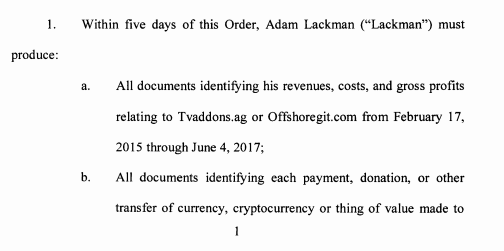
 We’re all familiar with the statement that piracy is “killing” the music industry.
We’re all familiar with the statement that piracy is “killing” the music industry. Two years ago, several major record labels
Two years ago, several major record labels 
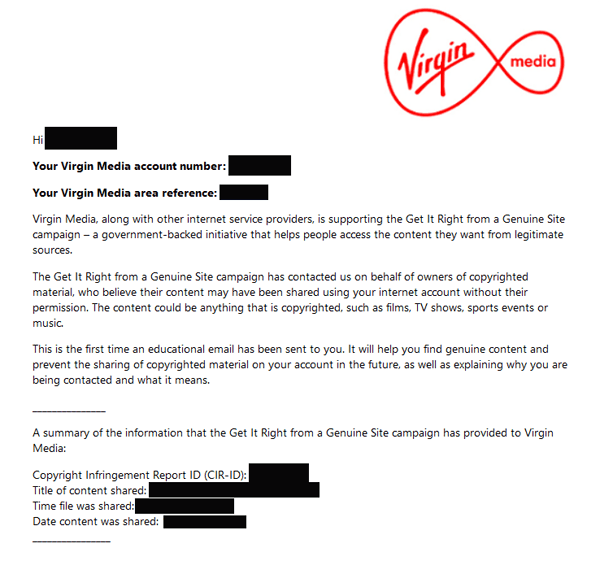

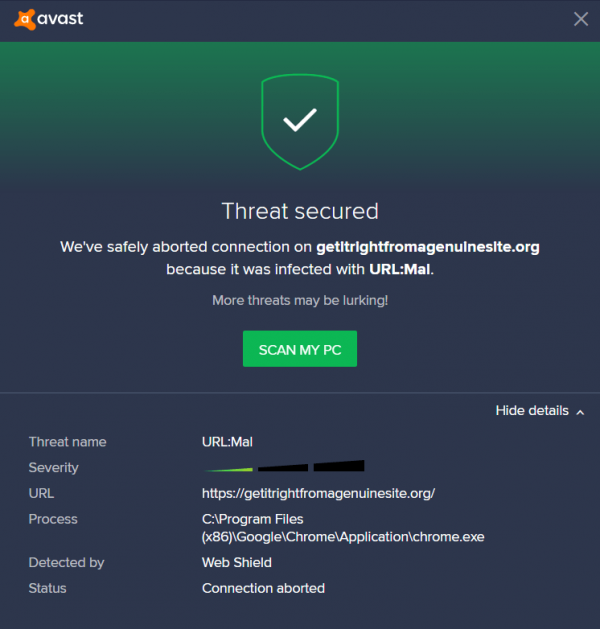
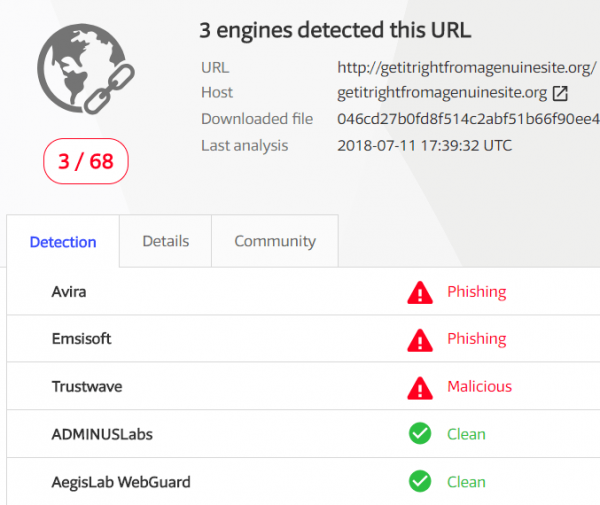

 Last year Epic Games decided to take several Fortnite cheaters to court, accusing them of copyright infringement.
Last year Epic Games decided to take several Fortnite cheaters to court, accusing them of copyright infringement.

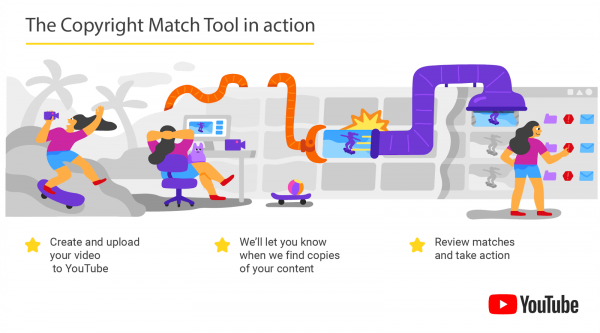
 Dutch anti-piracy group BREIN has targeted pirates of all shapes and sizes over the past several years.
Dutch anti-piracy group BREIN has targeted pirates of all shapes and sizes over the past several years. Harry Potter is without a doubt one of the biggest entertainment brands in the world.
Harry Potter is without a doubt one of the biggest entertainment brands in the world. 
 A decade ago online piracy was mostly a habit of downloaders. While online streaming did exist, watching pirate broadcasts live over the Internet was a rather cumbersome niche activity.
A decade ago online piracy was mostly a habit of downloaders. While online streaming did exist, watching pirate broadcasts live over the Internet was a rather cumbersome niche activity.